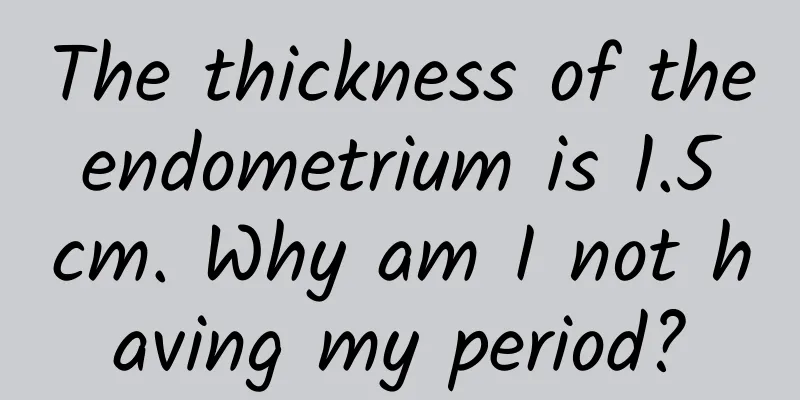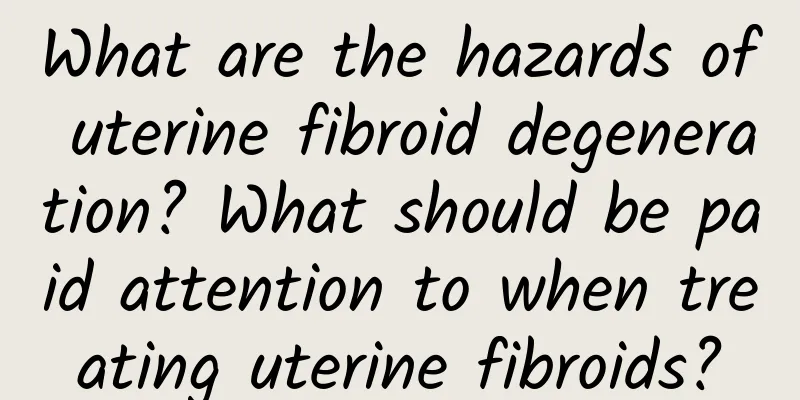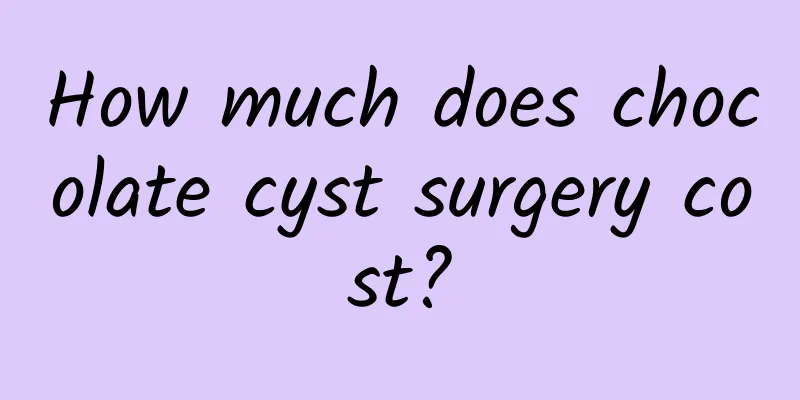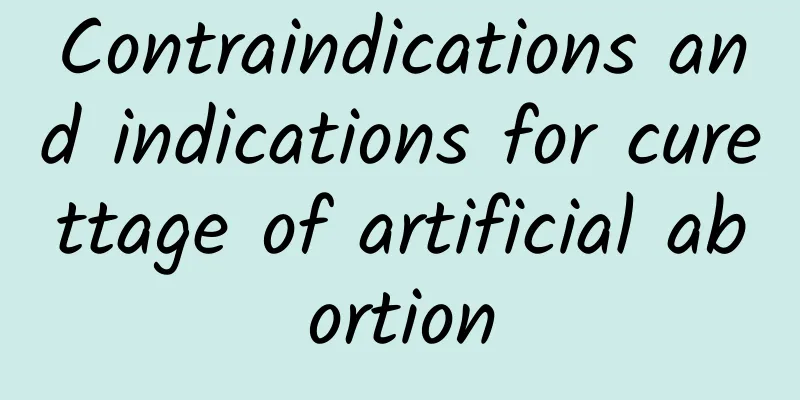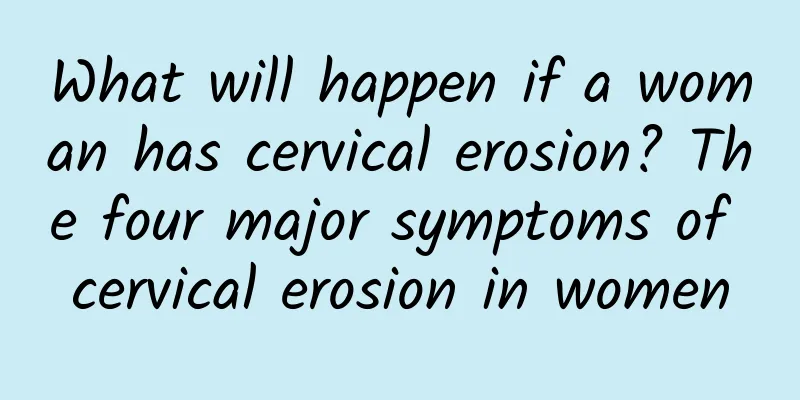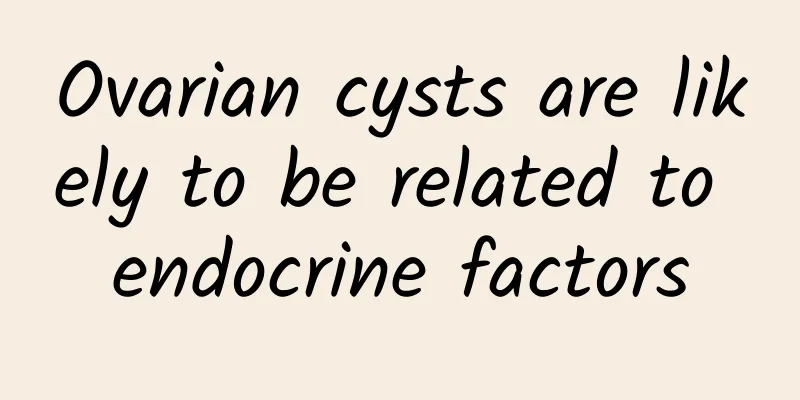How to treat adnexitis cyst

|
Treatments for adnexitis cysts mainly include antibiotics and surgery. The specific treatment plan should be determined based on the size of the cyst, the severity of the condition, and the patient's physical condition. 1. Antibiotic treatment: This is one of the common treatments for adnexitis cysts. Usually, the doctor will choose the appropriate antibiotics according to the patient's specific situation, which may be taken orally or intravenously. The course of treatment generally lasts about two weeks. After the treatment, the patient needs to be re-examined to confirm whether the cyst has shrunk or disappeared. If the cyst has not changed significantly, or even tends to increase in size, other treatment options may need to be considered. 2. Outpatient treatment and inpatient treatment: Depending on the severity of the patient's condition, the doctor will recommend different treatment environments. For patients with mild symptoms and good physical condition, they can choose to be treated in an outpatient clinic, which is convenient and economical. If the symptoms are severe, such as fever or severe pain, hospitalization is required. During hospitalization, patients will receive more comprehensive supportive therapy and drug treatment to ensure that the condition is effectively controlled. 3. Surgical treatment: When drug treatment is ineffective, or the cyst persists and grows, surgery may become a necessary option. Indications for surgery include abscess rupture, persistent body temperature, and severe poisoning symptoms in patients. In this case, surgical removal of the cyst can effectively relieve symptoms and prevent further deterioration of the condition. 4. Lifestyle adjustment: In addition to medical treatment, patients can also assist in treatment by adjusting their lifestyle. Maintaining good personal hygiene habits, avoiding overwork, and enhancing immunity are all helpful. In terms of diet, you can consume more foods rich in vitamins and minerals to help the body recover better. 5. Regular check-ups: Even if symptoms improve, patients are advised to have regular check-ups to ensure that the condition does not recur. Regular medical check-ups can help doctors detect any potential problems in a timely manner and take appropriate measures. 6. Mental health support: Adnexitis cysts may have a certain impact on women's psychology, and appropriate psychological support and counseling are also important. Maintaining good communication with family and friends and seeking professional psychological help when necessary can help patients better cope with the condition. When facing adnexitis cysts, it is very important to seek medical attention in time and follow the doctor's advice. Through scientific and reasonable treatment and good living habits, patients can effectively control the disease and resume a healthy life. I hope every patient can regain health and have a good life. |
<<: Can I take a hot spring bath the next day after inserting the medicine?
>>: Symptoms and causes of left lateral adnexitis
Recommend
How does pelvic inflammatory disease affect your sex life?
Pelvic inflammatory disease is a gynecological di...
What should unmarried women do if they have cervical erosion? Active treatment to prevent infertility
There are many ways to treat cervical erosion, bu...
To prevent cataracts, you should eat a balanced diet and supplement riboflavin
As Taiwan's population ages, cataracts have b...
Local treatment of cervical hypertrophy
Local treatment of cervical hypertrophy can be do...
Eating chocolate is like drinking oil. Five smart ways to lose weight
Valentine's Day is coming soon, and many coup...
What to do with dysmenorrhea? 9 Chinese medicine foods that are delicious and effective
Many women will experience dysmenorrhea in their ...
How to check chronic adnexitis
Chronic adnexitis is usually confirmed through a ...
Why do you feel cold during menstruation? It is mostly caused by iron deficiency.
Women usually have various problems during menstr...
What should I do if I continue to bleed after a miscarriage? How long will the bleeding last?
Many women will have symptoms of persistent vagin...
What are the reasons for irregular menstruation in girls?
There are many reasons for irregular menstruation...
What is the best time to have an artificial abortion?
Performing an abortion is a very cruel process, a...
Introduction to the prevention methods of uterine fibroids
Disease uterine fibroids prevention methods, uter...
Brief analysis of the important nursing points for ectopic pregnancy
Ectopic pregnancy is a gynecological disease that...
Do you know about massage therapy for dysmenorrhea treatment?
What are the methods for treating dysmenorrhea? D...
The symptoms of chronic cervicitis can be divided into three categories
Cervicitis can be divided into chronic cervicitis...

